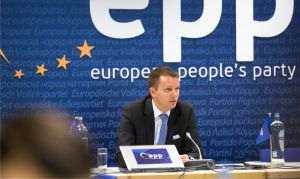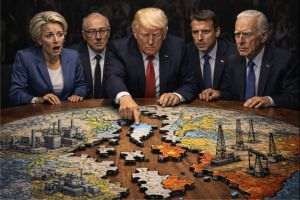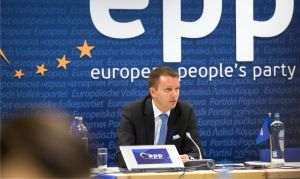Preserving the cultural heritage is a major goal of the Ministry of Culture. Investing in the cultural heritage of our country is as necessary and urgent as investments in infrastructure and public services and significantly contributes to our development as a nation, stated the Minister of Culture, Raluca Turcan. These remarks were made during the "Heritage@INP: Debates and Dynamics in a Global Context" conference organized by the National Institute of Heritage. According to the minister, "Investing in built heritage is one of my priorities as the Minister of Culture, and through the projects we have managed to initiate and those planned for the next year, I want Romania to benefit from this growth component. In the last few months, through the National Institute for Heritage and the Project Management Unit (UMP) within the Ministry of Culture, we have started substantial interventions on important historical monuments for Romania, including Peleş Castle, which will undergo urgent roof repairs and receive funding for consolidation, restoration, and enhancement of its terraces. We have also started projects for the restoration of memorial houses." Turcan emphasized that the Ministry of Culture, with the support of the Council of Europe Development Bank, is financing investments in museums, theaters, concert halls, libraries, and significant heritage buildings, including the Cluj National Theater and Opera, the History Museum in Bucharest, the "Marin Sorescu" National Theater in Craiova, a new concert hall for the Romanian National Opera in Iaşi, Florica Villa in Ştefăneşti, the Dance Center in Bucharest, and the "Omnia" Library in Craiova. Identifying new sources of funding for restoration is a constant concern and an important objective of the Ministry of Culture, the minister said, emphasizing that efforts in terms of investments have been complemented by efforts in modernizing the legal framework in the field of heritage: "The Cultural Heritage Code was launched for public debate at the beginning of October and aims to improve the regulatory framework through an integrated approach to all areas of cultural heritage. Last but not least, we have focused on nomination dossiers for inclusion in the World Heritage List, heritage education, and the tourist valorization of built heritage. About 40% of European tourism is cultural tourism, and in Romania, it can bring prosperity to communities." Raluca Turcan believes that the investments made by the Ministry of Culture are meant to enhance this potential, especially considering that, according to the 2022 Cultural Consumption Barometer, visiting historical monuments and archaeological sites is the only activity that has shown an increase compared to 2019.
Ministry of Culture supports investments in cultural heritage
O.D.
English Section / 8 noiembrie 2023

Photo source: facebook/Ministry of Culture


































